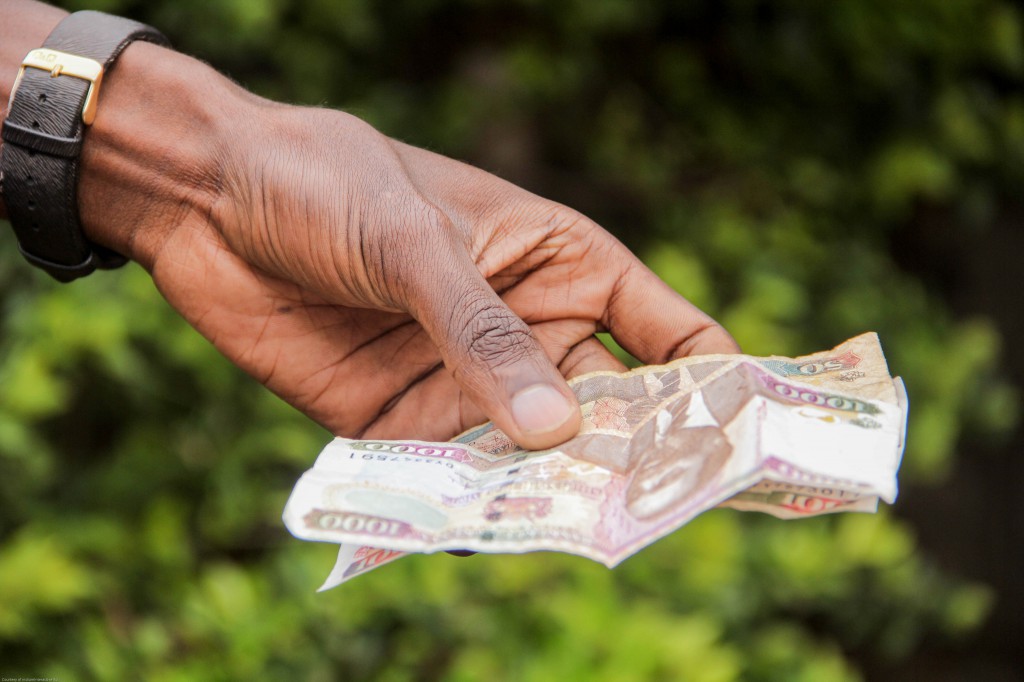When starting or running a business, it is quite normal to be extra inquisitive and curious. Sometimes, you’ll spend sleepless nights looking for answers to some basic questions and this might gradually eat into your peace of mind.
To make your life better, we have compiled a list of comprehensive answers to the 10 most asked questions about small businesses in Kenya. Hope this makes your business life less worrisome going forward.
(1)What kind of business is best to invest in?
Normally, the best business venture for you is the one which you are most skilled in and passionate about. For example, if you are a trained accountant, you may want to consider setting up an accounts consultancy firm. As you review your options, we would like to encourage you to consult local business experts about opportunities in your area.
(2)How much money do I need to start a business?

Knowing how much money you require will help you determine how much you need to borrow – and being sure of your finances will make it easier for you to plan for future growth. Different business types require varying amounts of capital and it is not practically possible to list all estimates in this article.
(3)What sources of capital do I need to consider?
Committing your own savings is often the most crucial financing step – actually, it is the best indicator that you are serious about your business. Alongside that, you may want to consider a partner or family members for financing. Micro-finance institutions, saccos and chamas are yet another obvious source of funds.
(4)Do I have what it takes to own a small business?
To determine if you really have what it takes, you need to first analyze your qualifications for starting a particular type of business. For instance, if you’re planning to open a restaurant, you’ll want to ask yourself “What do I know about the food service industry?”
Note that lack of experience does not necessarily mean that you should not start your business, but rather that you should wait until you have the knowledge required to make it a success.
(5)What legal aspect do I need to be keen on?
Licenses, permits and laws vary from business to business and from county to county. You will need to consult your lawyer for advice specific to your enterprise and area. Keep in mind that the form of organization (sole proprietorship, partnership or corporation) may affect what legal aspects to consider.
(6)How do I register my small business in Kenya?
This can either be done digitally or manually. Recently, the GoK launched the use of *271# as an alternative for initiating the registration process via the phone. It costs less than Ksh2000 to register a business name.
(7)Should I hire family members to work for me?
For some people, hiring family members to help out in the business can be quite a rewarding experience. For others, though, it can cause irreparable damage. An important question you should ask yourself here is “Can you keep your family and business decisions separate?” Mixing the two often causes failure in one way or another.
(8)What do I have to do to get a loan from lenders?
Most lenders will ask you to provide financial statements along with a cohesive business plan. A clear description of your experience and management capabilities, legal structure, location and name of the firm, will also be needed. The lender may ask you these three questions:
(1)How will you use the loan amount?
(2)What amount do you need to borrow?
(3)How do you plan to repay the loan proceeds?
(9)What kind of financial statements do I need to keep?
There are three basic financial statements that you should prepare and strive to understand. These are:
(1)Balance sheet – a record of assets, liabilities and capital at a specific point in time
(2)Income statement – a summary of your earnings, expenses and net profit or loss over a given period of time
(3)Cash flow projection – shows actual inflows and outflow of cash into your business
(10)I have unique ideas and products, how do I protect them against duplication?
Always have anyone you work with sign a non-disclosure agreement (NDA) that commits them to confidentiality. You can contact the Kenya Industrial Property Institute (KIPI) or the Kenya Copyright Board (KECOBO) for more advice.
This is by no means an exhaustive list of most frequently asked questions about small businesses in Kenya. All the same, we hope that we have addressed all of your primary concerns about entrepreneurship. We hope to hear from you via the comment box, which is provided just below this article.






















